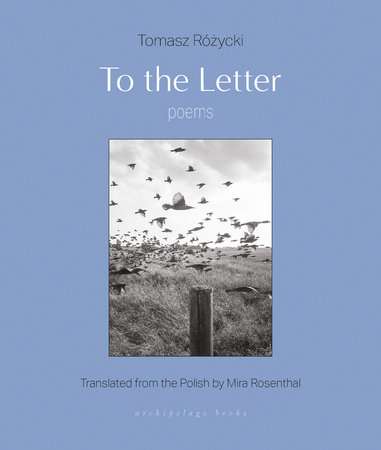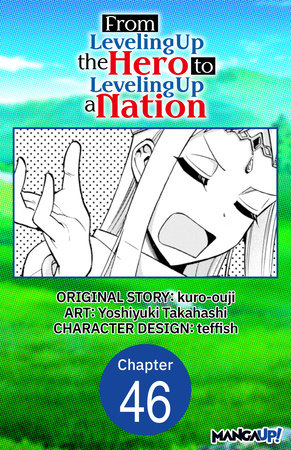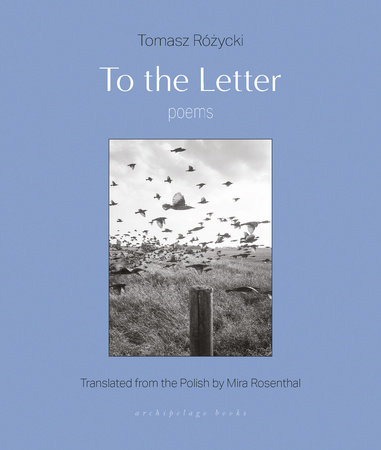

To the Letter
By Tomasz Rozycki
Translated by Mira Rosenthal
By Tomasz Rozycki
Translated by Mira Rosenthal
By Tomasz Rozycki
Translated by Mira Rosenthal
By Tomasz Rozycki
Translated by Mira Rosenthal

-
$18.00
Jan 09, 2024 | ISBN 9781953861726
-
Jan 09, 2024 | ISBN 9781953861733
YOU MAY ALSO LIKE

Trying Out Alchemy After Being Fired as an Adventurer!: Frontier Settling? No Problem, Leave It to Me! #029

Always a Catch #019
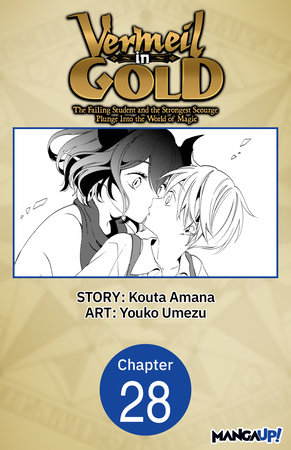
Vermeil in Gold: The Failing Student and the Strongest Scourge Plunge Into the World of Magic #028

How to Survive a Thousand Deaths: Accidentally Wooing Everyone as an Ex-gamer Made Villainess! #039

The Amazing Village Creator: Slow Living with the Village Building Cheat Skill #033
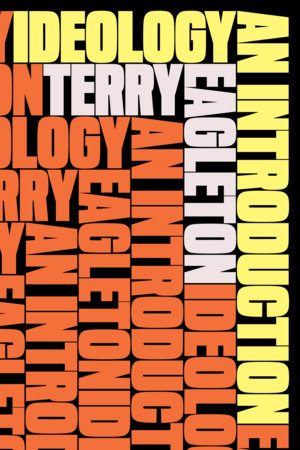
Ideology

The Holocaust Industry
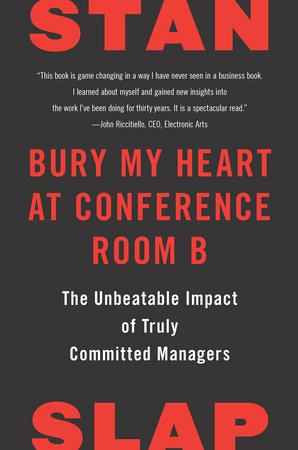
Bury My Heart at Conference Room B
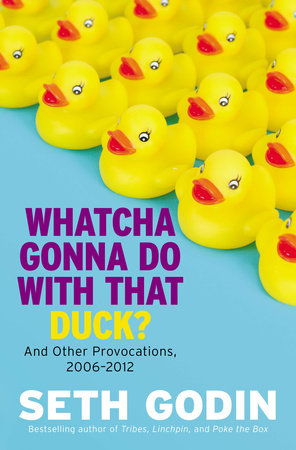
Whatcha Gonna Do with That Duck?
Praise
“In this philosophical collection that explores doubt—regarding language, God, and the prospect of repeating history—many poems address an unreachable “you” who could be a lover, a deity, or a ghost of someone long dead. Rosenthal’s translation draws out these poems’ shades of melancholy and whimsy, along with the slant and irregular rhymes that contribute to their uncanny humor. Różycki’s verse teems with sensuous, imaginatively rendered details.” — The New Yorker
“Across the ninety-nine poems of Polish poet Tomasz Różycki’s To The Letter, presides a calling out to absence, often in the form of this “you” whether in loss—cultural, global, personal—or self-examination . . . This collection has, perhaps, added resonance landing in 2023: “You—out there where the future pushes through like a worm from an apple, only the hole is in heaven and so enormous we’ll all fall in, along with tenements, convenience stores, our entire state—let’s say it’s nowhere—” A notable contribution to Polish poetry available in English–and a vital living voice, no less.” — Rebecca Morgan Frank, LitHub
“We live in feral times,” the poet says, asking us “what shape this era will carve / in flesh.” In Mira Rosenthal’s exacting, beautiful translations, Tomasz Różycki’s work gives us a moment of honest assessment, answering hard questions without patronizing, with lyric precision. One of Poland’s best living poets, he is writing at the height of his powers. Which, for me, means: there is mystery in his work, that feels trustworthy—“we will dig ourselves out of our private muck /of subtext, shed the weight,” he says, “and fly off, empty, for the nearest lightbulb.” It is amongst the quotidian that he seeks to be saved, his is a vision in which despite all the tragedy of this new century, the thrush that sings “at two a.m. outside /our window in the parking lot has saved / the day, the month.” If that is to be our new metaphysics, count me in. — Ilya Kaminsky, author of Deaf Republic and Dancing in Odessa
“The poems are intimate and wry, philosophically complex, and charged with metaphors for absence and language itself.” — Dana Isokawa, Poets & Writers Magazine
“Irony is the spice of poetry . . . Różycki’s irony can be caustic (“some people are so poor the only thing they have/is money, money”), or it can be sublimely political . . . Rosenthal deserves special praise for rendering Różycki’s wordplay, musical density, and metonymic dazzle into powerful English . . . Różycki’s poem as “rolled-up paper/gun” is a handmade, fragile, but potent technology for survival.” — Ange Mlinko, The New York Review of Books
“The past will never leave us. It will haunt our photographs; it will speak between the words that we read and write. Różycki’s collection, brought to us through Rosenthal’s beautiful translation, helps us remember that it is art that will lead us through to a bearable future, and art that will always speak the unspeakable.” — Iris Dunkle, Words Without Borders
“Mysterious events in Agualusa’s stories reveal a kinship with García Márquez, whereas events of mysterious ambiguity fall into Bolaño’s camp . . . Daniel Hahn’s translation successfully conveys that straight-faced equanimity needed for staring absurdities in the eyes.” — Tom Bowden, The Book Beat
“[Mira Rosenthal’s] English iterations fully relay the poems’ accessibility, music, and humor—as well as the ways they integrate into surprising valences with creativity, love, and interbeing . . .To the Letter reminds us that fragmentation offers an opportunity to listen and create, that the blank spaces between words are places in which new life may yet be lived. It reminds us that the reader is doubly alive, watching and being watched, even from the shadows.” — Michael Collins, Asymptote Journal
“For Różycki, the void is . . . about loss—whether of the place he was forced to flee, or of the life he missed out on as a consequence . . . Where poetry usually stops at anguish, Różycki goes the whole length to realize the fullness of a proxy conjured by loss, the stranger who lives on in the mind.” — Janani Ambikapathy, Harriet Books (the blog of the Poetry Foundation)
Table Of Contents
I: Vacuum Theory
1. Meadow
2. White Dwarf
3. Scenario
4. To Give Water to the Thirsty
5. First Poem for Menelik
6. The Garden
7. Phantom
8. The Third Millennium
9. When Do Acacias Bloom?
10. The Place of “I”
11. The Clock
12. Twelve Letters
13. Pointers
14. Heat Wave
15. The Crisis of Polish Readership
16. There Is No Answer
17. Ż/Ś
18. Lavinia
19. Vacuum Theory
20. Mirror
21. Elements
22. The Measure of All Things
23. A Room
24. Dog
25. A Few Hours
26. Rain
27. A Photograph
28. Wild Strawberries
29. Updraft
30. Poor Painters
31. Via Giulia
32. Metamorphoses
33. At the End of the Day
II: The Third Planet
34. Chaos Theory
35. Effigy
36. Ghost
37. Message
38. Inheritance
39. A Turn
40. Essential Features
41. Hair by Hair
42. The Eternal War of Opposites
43. Glass Houses
44. This Era
45. Clay
46. Contract
47. Cocoon
48. Settings
49. Euromaidan
50. An Act of Speech
51. Lacki Brzeg, Ukraine
52. In the Cave
53. Revenge Bank
54. Squiggle
55. My Consultants
56. Warsaw Saw War
57. Demolition
58. Two Days’ Time
59. The Third Planet
60. Rhythm, Order and Position
61. Distillery
62. Even Now
63. The Crisis of the Polish State
64. Wind
65. Stone
66. What of Him?
III: Summer of Music
67. Summer of Music
68. Sorting
69. Why
70. Scent
71. Formula
72. Summertime
73. Porta Susa
74. The Law of Conservation of Energy
75. The Warmest Place
76. All-Night Shops
77. Any Number
78. The Crisis of Readership
79. Spring Awakening
80. Virus
81. Puzzle
82. Features
83. Piazza del Nettuno
84. An Unexpected Turn of Events
85. The Silk Road
86. Reverse
87. In the Bushes
88. A Glass
89. This Dog’s Life
90. Outside Prudnik
91. Backpack
92. Never
93. Shadow
94. What Makes No Motion?
95. The Cave of the Nymphs
96. The Divine Comedy
97. Second Poem for Menelik
98. The Trail Goes Cold
99. Open
21 Books You’ve Been Meaning to Read
Just for joining you’ll get personalized recommendations on your dashboard daily and features only for members.
Find Out More Join Now Sign In








